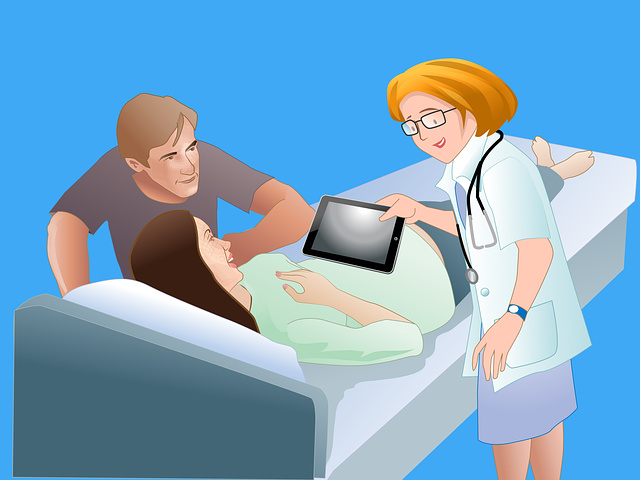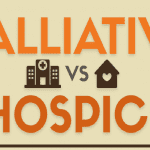
Does Patient Care Experience Required To Apply For Medicine In Caribbean?
Experience always gives an upper hand in studying medicine. Patient care experience is crucial in building positive relationships with patients. It also helps in attracting and retaining patients for a longer duration. The experience helps deal with patients and understand their ailments in a better manner. Additionally, patient care experience is also among mandatory med school requirements. The experience is essential to comprehend the everyday demand of a medical career. Aspiring medical students who wish to study medicine in the Caribbean can be asked for patient care experience.
Studying medicine is a dream for many, but only a few have the acumen to make it to the top medical schools. A high GPA and good MCAT scores are not sufficient to get an edge over other students. Even after qualifying for one of the world’s most challenging exams, many students have to give up on their dream of practicing medicine. One of the significant reasons behind this is the lack of patient experience, which a considerable entry requirement. Today, we will understand the importance of patient care experience and why it is compulsory.
Table of Content
Is patient care experience compulsory to apply for medicine in the Caribbean?
Gaining experience in patient care is a mandatory requirement to secure admission in the US and Canada’s medical schools. Though the patient care experience is also an important part of medical applications in the Caribbean medical schools, the expected hours are much less than that in American and Canadian medical schools’ application requirements.
Some top colleges of the Caribbean demand a minimum of 50 hours of direct patient care experience for securing admission to pursue medicine. They also count voluntary experience in a hospital setting. The experience can also come from shadowing physicians and working as an EMT. The Caribbean medical schools also present opportunities to students who do not meet the minimum requirement of pursuing medicine. Students can fulfill the minimum requirement of patient care experience before matriculation.
In contrast to Caribbean medical schools, the voluntary or work experience related to patient care in the US, Canada and UK medical colleges are much higher. Attaining medical schools in the US is even more challenging as medical degrees are considered second entry programs. This means an aspiring doctor must complete a bachelor’s degree first to study medicine program in the US.
Thus, aspiring doctors consider the Caribbean as a paradise for studying medicine. Also, the Caribbean medical schools’ admission requirements are liberal and open doors for students with lower GPA and average MCAT scores. Studying medicine in the Caribbean is relatively cheaper than the US and Canada’s medical schools, making it a favorable destination for international students.
If practicing medicine is your dream, patient care experience is essential. So, start gaining experience in patient care to meet the eligibility requirements of medical schools of the Caribbean. If you already have experience in patient care, apply to the course today in the Caribbean’s top medical schools.


